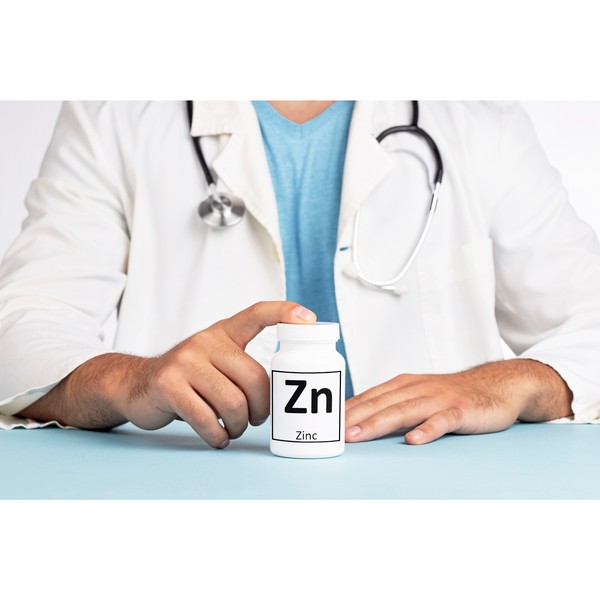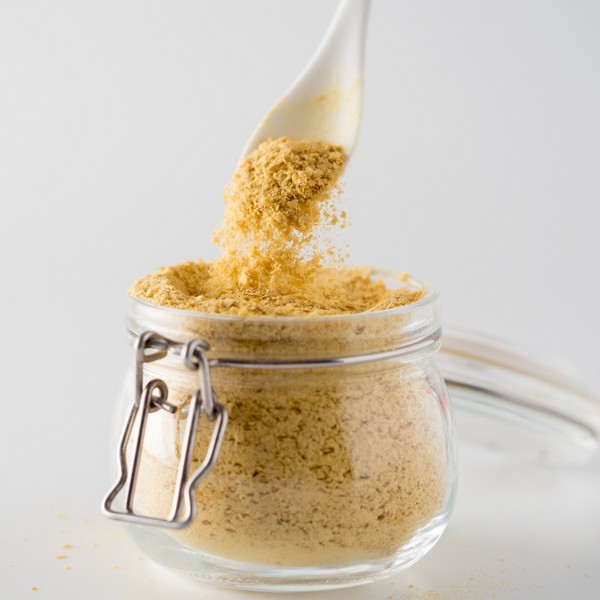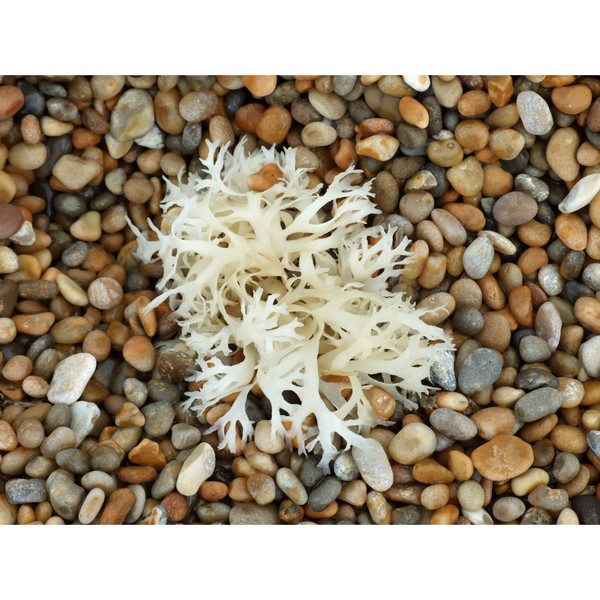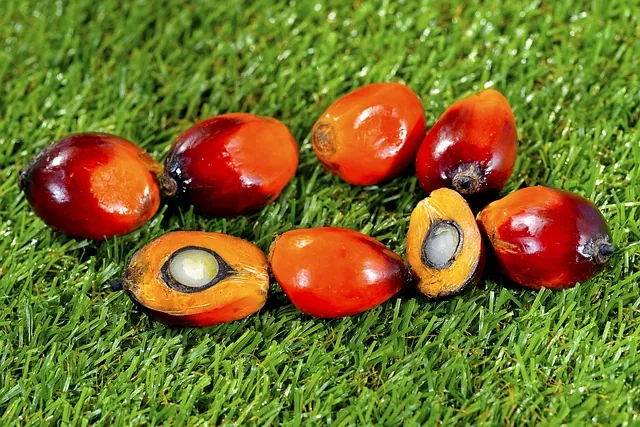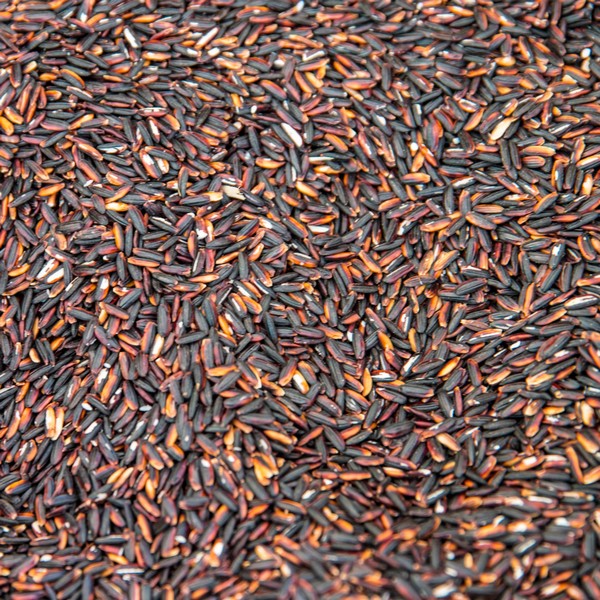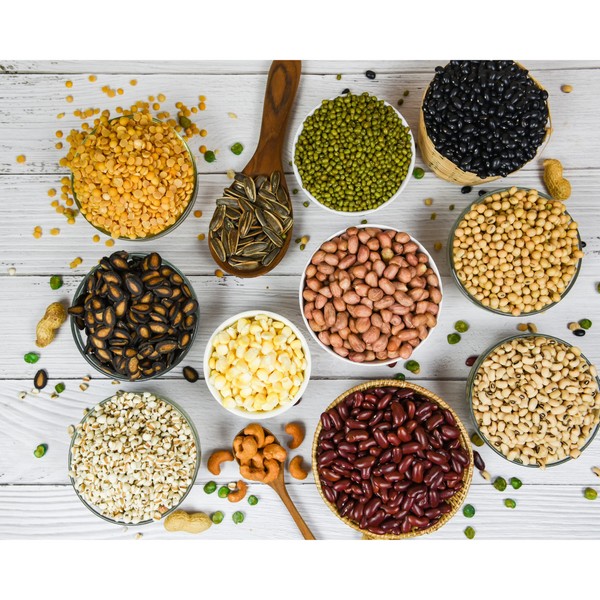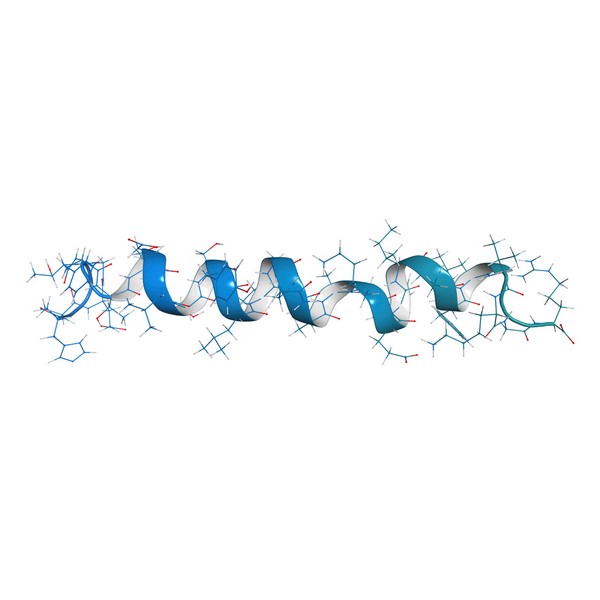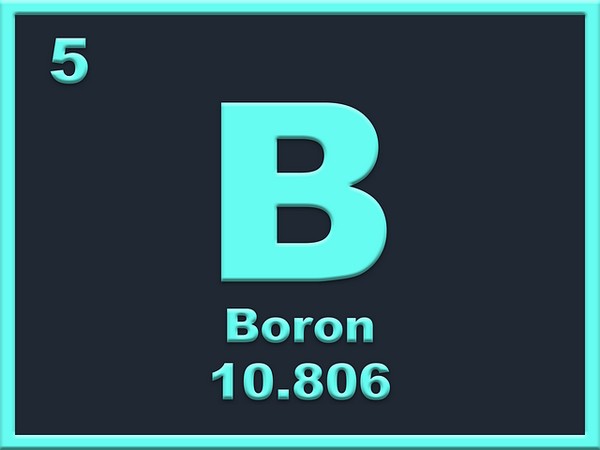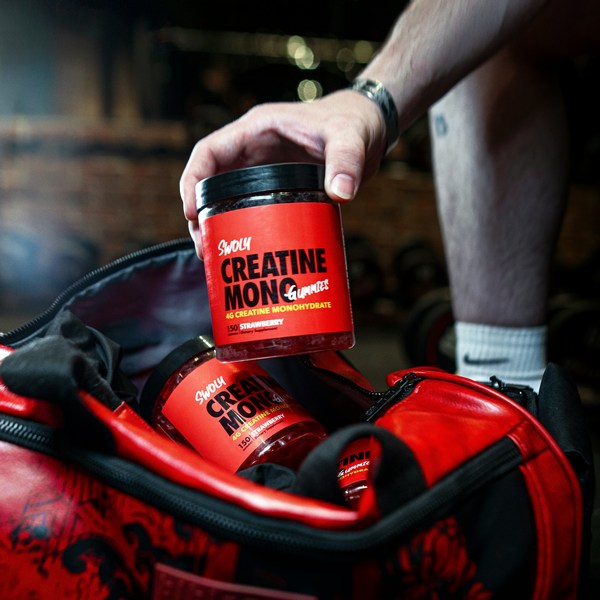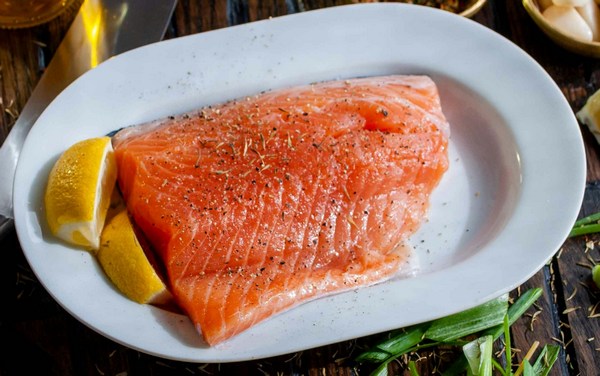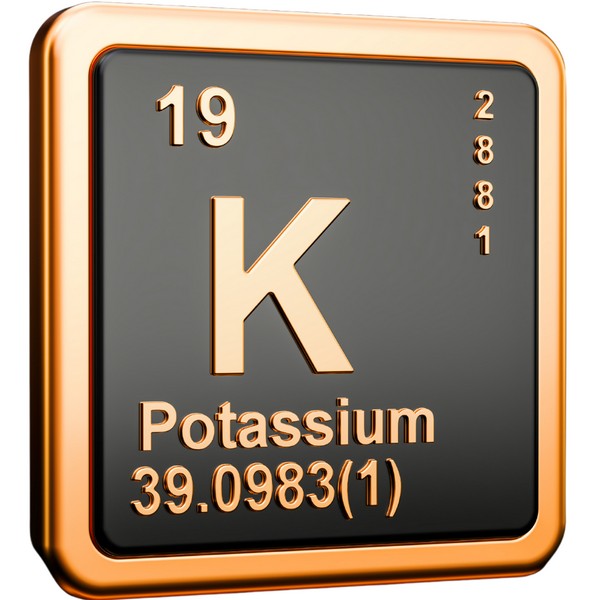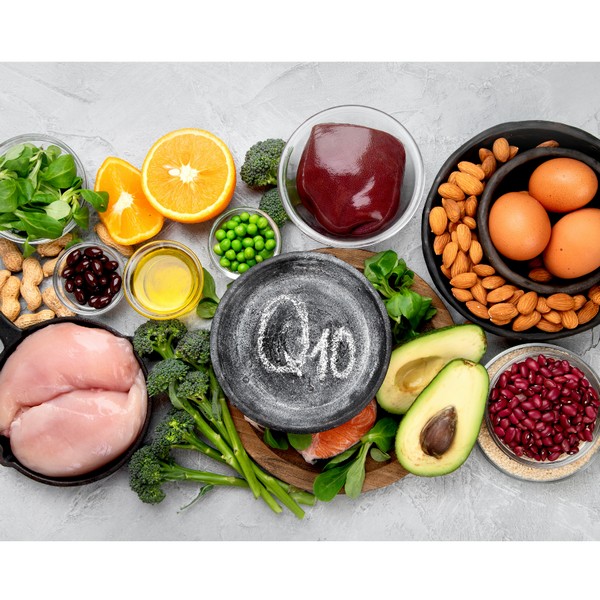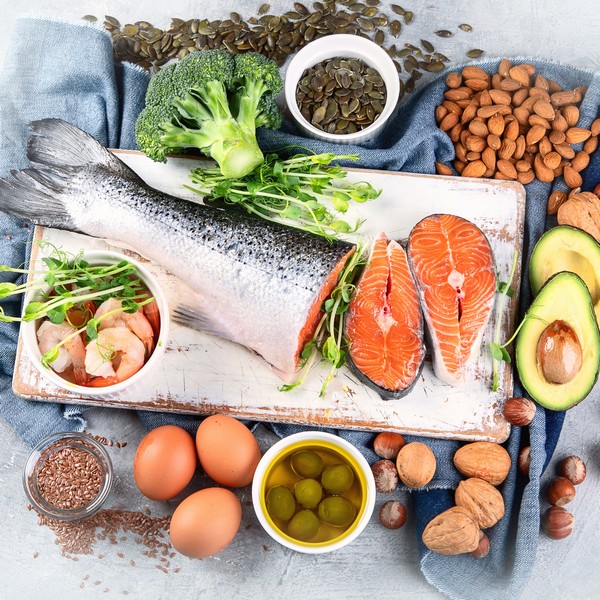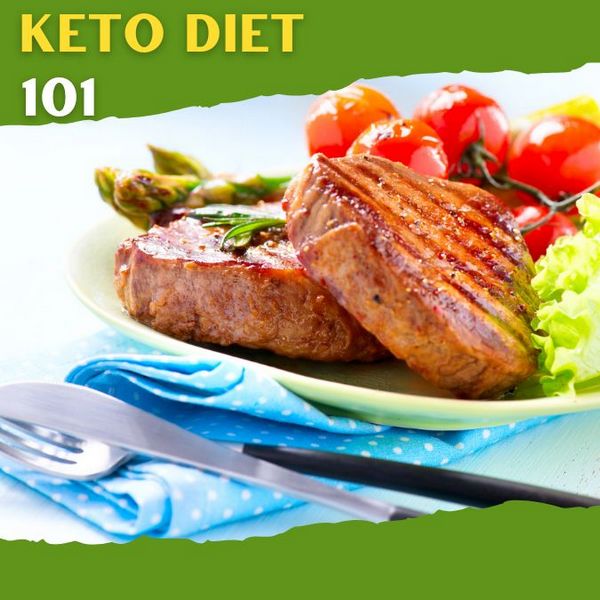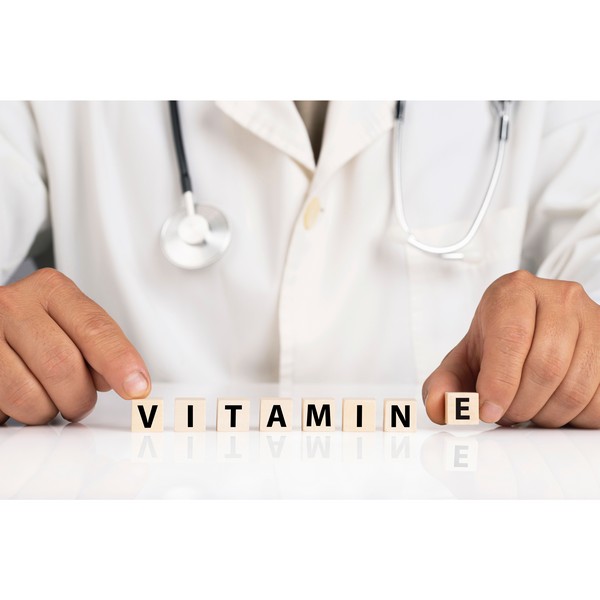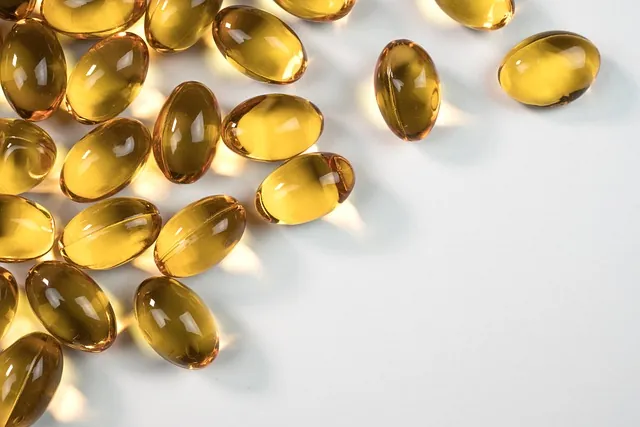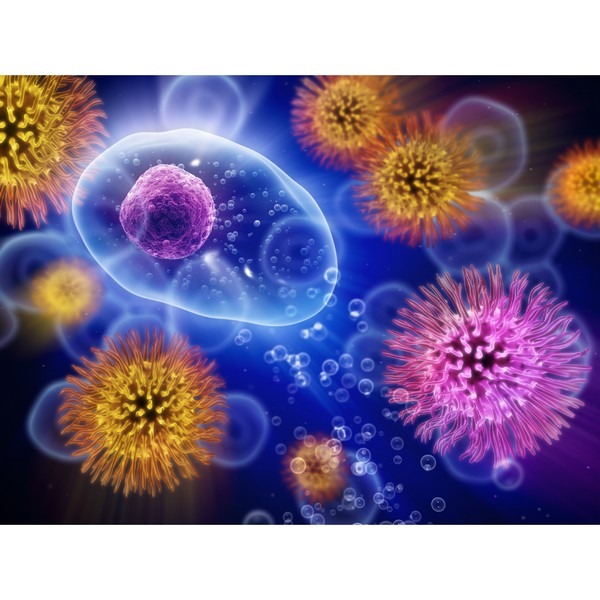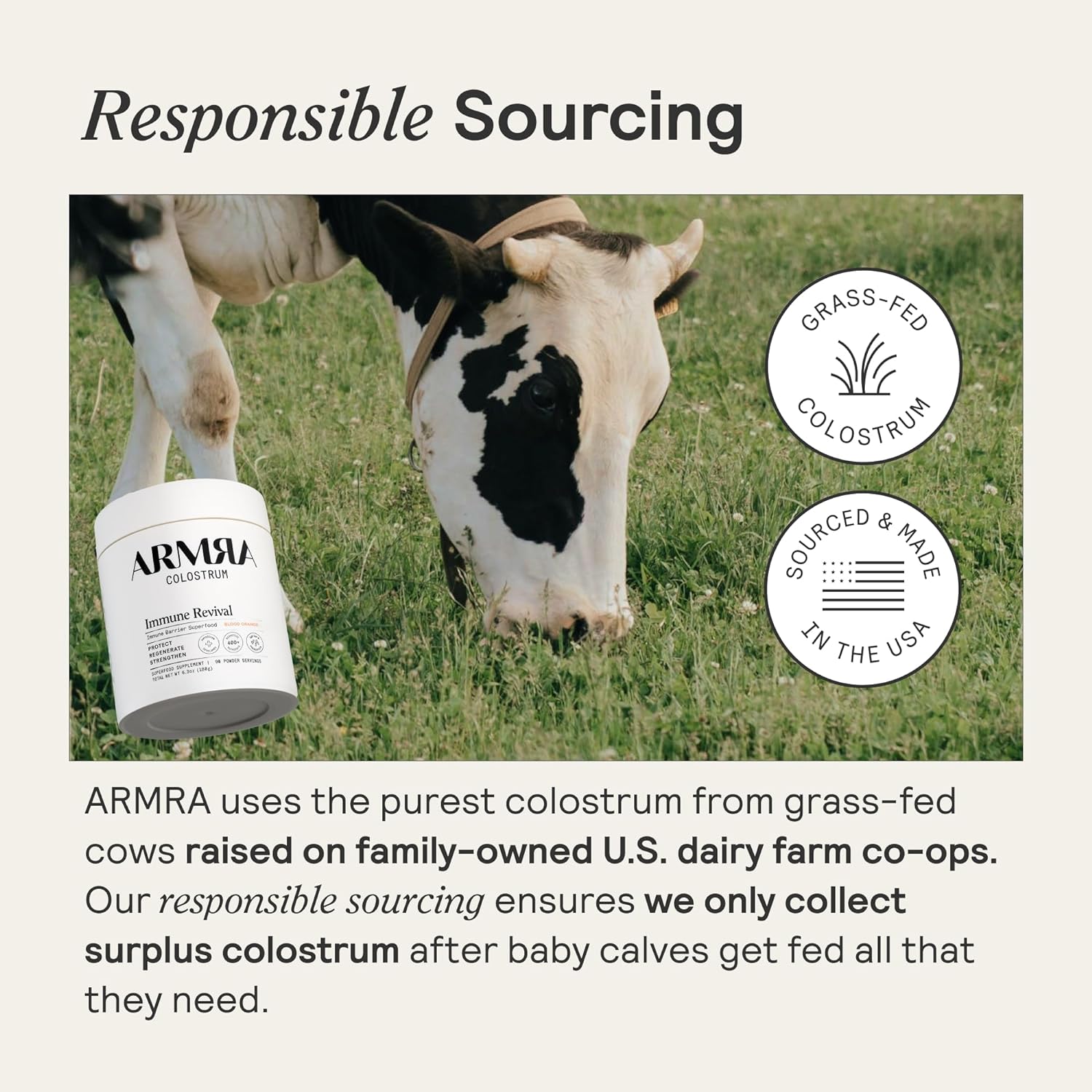Key Takeaways
- Bee pollen is packed with essential nutrients and offers numerous health benefits.
- It supports immune function, boosts energy, and promotes overall well-being.
- Adding bee pollen to your diet can enhance nutritional intake naturally.
Introduction
Bee pollen, sometimes referred to as nature’s secret superfood, is a powerhouse of nutrients collected by bees from flowering plants.
This nutrient-rich substance is prized for its health benefits, supporting everything from immune function to energy levels.
Nutritional Profile of Bee Pollen
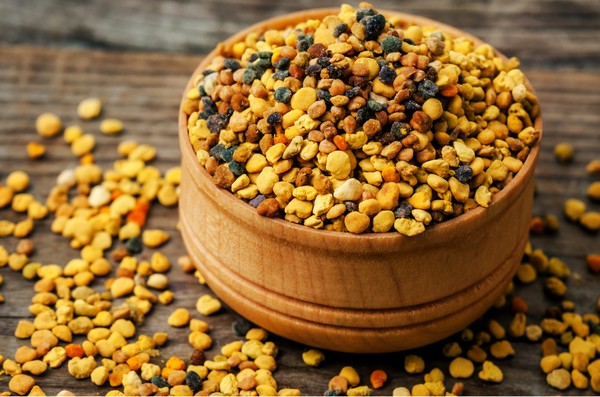
Vitamins and Minerals
Bee pollen contains a wide range of vitamins and minerals essential for maintaining good health.
- Vitamins: Rich in B vitamins (B1, B2, B6), vitamin C, vitamin D, and vitamin E, which support energy production, immune function, and overall vitality.
- Minerals: Includes calcium, magnesium, iron, zinc, and selenium, all crucial for various bodily functions such as bone health, muscle function, and antioxidant protection.
Proteins and Amino Acids
Bee pollen is a complete protein source, containing all nine essential amino acids.
- Proteins: Provides a high-quality protein source that supports muscle repair and growth.
- Amino Acids: Essential for protein synthesis and various metabolic processes.
Antioxidants
Packed with antioxidants, bee pollen helps combat oxidative stress and supports cellular health.
- Flavonoids and Carotenoids: These antioxidants protect the body from free radicals, reducing the risk of chronic diseases and supporting overall health.
Health Benefits of Bee Pollen

Immune Support
Bee pollen enhances immune function, helping the body defend against infections and diseases.
- Antimicrobial Properties: Helps protect the body from harmful bacteria and viruses.
- Immune Modulation: Supports the regulation of the immune system, making it more efficient.
Boosts Energy Levels
The nutrient-rich profile of bee pollen provides a natural energy boost.
- B Vitamins: Essential for energy production and reducing fatigue. Provide sustained energy, making it ideal for athletes and active individuals.
Promotes Digestive Health
Bee pollen supports digestive health through its high fiber content and beneficial enzymes.
- Digestive Enzymes: Aid in breaking down food and improving nutrient absorption.
- Fiber: Promotes healthy digestion and regular bowel movements.
Supports Cardiovascular Health
Regular consumption of bee pollen can benefit heart health.
- Antioxidants: Protect the cardiovascular system from oxidative stress.
- Anti-Inflammatory Properties: Reduce inflammation, which is a risk factor for heart disease.
How to Use Bee Pollen
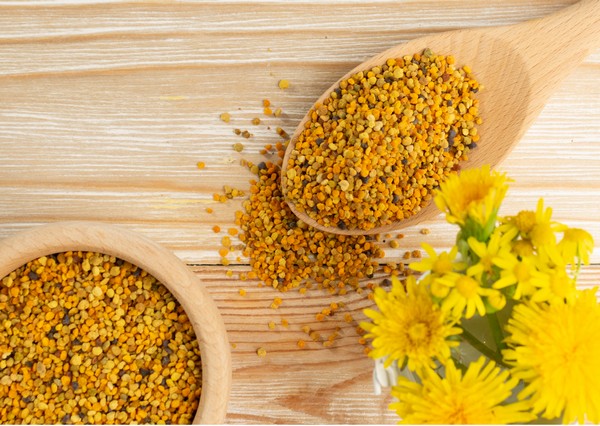
Bee pollen can be easily added to various foods and beverages to boost nutritional intake.
- Take 1 teaspoon of Bee Pollen and allow to dissolve completely in the mouth before swallowing
- Smoothies: Blend into your favorite smoothie for an extra nutrient boost.
- Yogurt and Cereal: Sprinkle on top of yogurt or cereal for added texture and flavor.
- Salads: Add to salads for a crunchy texture and nutritional enhancement.
Conclusion
Bee pollen is a versatile and nutrient-dense superfood with numerous health benefits. Whether boosting energy levels, supporting immune function, or promoting digestive health, adding bee pollen to your diet can significantly improve overall well-being.
FAQs
What are the primary nutrients in bee pollen?
Bee pollen is rich in vitamins (B, C, D, and E), minerals (copper, calcium, magnesium, iron, zinc, and selenium), proteins (amino acids), and antioxidants.
How does bee pollen support the immune system?
Bee pollen has antimicrobial properties and immune-modulating effects, helping to protect the body from infections and regulate immune function.
Can bee pollen boost energy levels?
Yes, bee pollen is rich in B vitamins, proteins, and carbohydrates, providing a natural energy boost and reducing fatigue.
Is bee pollen good for digestive health?
Bee pollen contains digestive enzymes and fiber, which aid in digestion and promote regular bowel movements.
How can I add bee pollen to my diet?
You can add bee pollen to smoothies, yogurt, cereal, and salads for a nutritional boost and enhanced flavor.
Research
Aylanc, V., Falcão, S.I., Ertosun, S., & Vilas-Boas, M., 2021. From the hive to the table: Nutrition value, digestibility and bioavailability of the dietary phytochemicals present in the bee pollen and bee bread. Trends in Food Science & Technology, 109, pp.464-481.
Araújo, J.S., Chambó, E.D., Costa, M.A.P.D.C., Cavalcante da Silva, S.M.P., Lopes de Carvalho, C.A., & Estevinho, L.M., 2017. Chemical composition and biological activities of mono-and heterofloral bee pollen of different geographical origins. International Journal of Molecular Sciences, 18(5), p.921.
Campos, M.G., Anjos, O., Chica, M., Campoy, P., Nozkova, J., Almaraz-Abarca, N., Barreto, L.M., Nordi, J.C., Estevinho, L.M., Pascoal, A., & Paula, V.B., 2021. Standard methods for pollen research. Journal of Apicultural Research, 60(4), pp.1-109.
Campos, M.G.R., Frigerio, C., Lopes, J., & Bogdanov, S., 2010. What is the future of Bee-Pollen. Journal of ApiProduct and ApiMedical Science, 2(4), pp.131-144.
Chelucci, E., Chiellini, C., Cavallero, A., & Gabriele, M., 2023. Bio-Functional Activities of Tuscan Bee Pollen. Antioxidants, 12(1), p.115.
Denisow, B., & Denisow-Pietrzyk, M., 2016. Biological and therapeutic properties of bee pollen: A review. Journal of the Science of Food and Agriculture, 96(13), pp.4303-4309.
Didaras, N.A., Karatasou, K., Dimitriou, T.G., Amoutzias, G.D., & Mossialos, D., 2020. Antimicrobial activity of bee-collected pollen and beebread: State of the art and future perspectives. Antibiotics, 9(11), p.811.
Giampieri, F., Quiles, J.L., Cianciosi, D., Forbes-Hernández, T.Y., Orantes-Bermejo, F.J., Alvarez-Suarez, J.M., & Battino, M., 2022. Bee products: An emblematic example of underutilized sources of bioactive compounds. Journal of Agricultural and Food Chemistry, 70(23), pp.6833-6848.
Isik, A., Ozdemir, M., & Doymaz, I., 2018. Effect of hot air drying on quality characteristics and physicochemical properties of bee pollen. Food Science and Technology, 39, pp.224-231.
Kaškonienė, V., Adaškevičiūtė, V., Kaškonas, P., Mickienė, R., & Maruška, A., 2020. Antimicrobial and antioxidant activities of natural and fermented bee pollen. Food Bioscience, 34, p.100532.
Kaškonienė, V., Ruočkuvienė, G., Kaškonas, P., Akuneca, I., & Maruška, A., 2015. Chemometric analysis of bee pollen based on volatile and phenolic compound compositions and antioxidant properties. Food Analytical Methods, 8, pp.1150-1163.
Kieliszek, M., Piwowarek, K., Kot, A.M., Błażejak, S., Chlebowska-Śmigiel, A., & Wolska, I., 2018. Pollen and bee bread as new health-oriented products: A review. Trends in Food Science & Technology, 71, pp.170-180.
Komosinska-Vassev, K., Olczyk, P., Kaźmierczak, J., Mencner, L., & Olczyk, K., 2015. Bee pollen: Chemical composition and therapeutic application. Evidence-Based Complementary and Alternative Medicine, 2015(1), p.297425.
Li, Q., Wang, K., Marcucci, M. C., Sawaya, A. C. H. F., Hu, L., Xue, X., Wu, L., & Hu, F. (2018). Nutrient-rich bee pollen: A treasure trove of active natural metabolites. Journal of Functional Foods, 49, 472-484.
https://doi.org/10.1016/j.jff.2018.09.008
Mărgăoan, R., Özkök, A., Keskin, Ş., Mayda, N., Urcan, A.C., & Cornea-Cipcigan, M., 2021. Bee collected pollen as a value-added product rich in bioactive compounds and unsaturated fatty acids: A comparative study from Turkey and Romania. Lwt, 149, p.111925.
Mărgăoan, R., Stranț, M., Varadi, A., Topal, E., Yücel, B., Campos, M. G., & Vodnar, D. C. (2019). Bee Collected Pollen and Bee Bread: Bioactive Constituents and Health Benefits. Antioxidants, 8(12), 568.
https://doi.org/10.3390/antiox8120568
Matuszewska, E., Plewa, S., Pietkiewicz, D., Kossakowski, K., Matysiak, J., Rosiński, G., & Matysiak, J., 2022. Mass spectrometry-based identification of bioactive bee pollen proteins: Evaluation of allergy risk after bee pollen supplementation. Molecules, 27(22), p.7733.
Prđun, S., Svečnjak, L., Valentić, M., Marijanović, Z., & Jerković, I., 2021. Characterization of bee pollen: Physico-chemical properties, headspace composition and FTIR spectral profiles. Foods, 10(9), p.2103.
Qiao, J., Zhang, Y., Haubruge, E., Wang, K., El-Seedi, H.R., Dong, J., Xu, X., & Zhang, H., 2024. New insights into bee pollen: Nutrients, phytochemicals, functions and wall-disruption. Food Research International, p.113934.
Rocchetti, G., Castiglioni, S., Maldarizzi, G., Carloni, P., & Lucini, L., 2019. UHPLC‐ESI‐QTOF‐MS phenolic profiling and antioxidant capacity of bee pollen from different botanical origin. International Journal of Food Science & Technology, 54(2), pp.335-346.
Rzepecka-Stojko, A., Stojko, J., Kurek-Górecka, A., Górecki, M., Kabała-Dzik, A., Kubina, R., Moździerz, A., & Buszman, E., 2015. Polyphenols from bee pollen: Structure, absorption, metabolism and biological activity. Molecules, 20(12), pp.21732-21749.
Sattler, J.A.G., de Melo, I.L.P., Granato, D., Araújo, E., de Freitas, A.D.S., Barth, O.M., Sattler, A., & de Almeida-Muradian, L.B., 2015. Impact of origin on bioactive compounds and nutritional composition of bee pollen from southern Brazil: A screening study. Food Research International, 77, pp.82-91.
Thakur, M., & Nanda, V. (2020). Composition and functionality of bee pollen: A review. Trends in Food Science & Technology, 98, 82-106.
https://doi.org/10.1016/j.tifs.2020.02.001
Weis, W.A., Ripari, N., Conte, F.L., da Silva Honorio, M., Sartori, A.A., Matucci, R.H., & Sforcin, J.M., 2022. An overview about apitherapy and its clinical applications. Phytomedicine Plus, 2(2), p.100239.
Wu, W., Wang, K., Qiao, J., Dong, J., Li, Z., & Zhang, H., 2019. Improving nutrient release of wall-disrupted bee pollen with a combination of ultrasonication and high shear technique. Journal of the Science of Food and Agriculture, 99(2), pp.564-575.
L-Glutamine and Gut Health: Benefits and Side Effects
Key Takeaways L-Glutamine is essential for gut health. Benefits include improved digestion and reduced inflammation. Potential side effects are rare but can occur in high…
Eggs: A Comprehensive Guide
Key Highlights Eggs are a nutritional powerhouse, containing all the essential vitamins and minerals needed for overall health. Vital role in a balanced diet, providing…
Vitamin A (Retinol): Essential Nutrient for Health
Key Takeaways: Natural Vitamin A, also known as Retinol, is crucial for vision, immune function, and skin health. Retinol is essential for healthy vision, particularly…
Magnesium: Better Sleep, Stress Relief and More
Taurine: The Mighty Amino Acid for Optimal Health
Key Takeaways Taurine supports heart health, regulates blood pressure, and reduces oxidative stress. Essential for muscle function, brain health, and cognitive function. Aids in insulin…
L-Carnitine: Benefits, Dosage, and Side Effects
Key Takeaways L-Carnitine supports fat metabolism and energy production. Benefits include enhanced exercise performance and improved heart health. Proper dosing minimizes potential side effects. Understanding…
Zinc Supplements: Risks and Dangers
Key Takeaways Zinc supports immunity, wound healing, and cell growth. High zinc supplement doses can cause health problems. Always consult a healthcare provider before taking…
What You Need to Know About Salt and Your Health
Table of ContentsThe Health Benefits of Unrefined Sea SaltElectrolyte BalanceMineral ContentImproved HydrationBoosted Energy LevelsImmune SupportImproved DigestionBalanced pH LevelsReduced Water RetentionHeart Health SupportStronger Bones and TeethEnhanced…
Cholesterol Misconceptions: Separating Fact from Fiction
Key Takeaways: High inflammation and blood pressure are major risk factors for heart disease. Cholesterol is vital for hormone production, cell membrane structure, and digestion,…
Benefits of Nutritional Yeast
Key Takeaways Nutritional yeast is a rich source of vitamins and minerals. It supports immune function and promotes skin health. Its cheesy flavor makes it…
Trimethylglycine TMG: Betaine Anhydrous Explained
Benefits of Sea Moss Explained
Key Takeaways Rich in Nutrients: Sea moss is packed with essential vitamins, minerals, and antioxidants, supporting overall health and wellness. Supports Immune Function: Its high…
The Impact of Ultra-Processed Foods on Your Wellbeing
Every bite we take is a step toward either wellness or illness. In our fast-paced world, ultra-processed foods have become a staple, silently shaping our…
Copper: Little-Known Health Benefits
Key Takeaways Copper is an essential trace mineral with benefits, including ceruloplasmin production, energy production and antioxidant properties. Copper is critical for brain health by…
Red Palm Oil: Unveiling The Potent Health Benefits
Struggling to find the right oil for your health and kitchen? Red palm oil is packed with nutrients that might just be what you need….
Do This! The Ultimate Guide to Fasting Safely and Effectively
In our increasingly busy lives, finding time to take care of our bodies can often take a backseat. One method that has gained attention recently…
Spirulina: Health Benefits and Uses
Key Takeaways Spirulina boosts immune function with its high nutrient content and antioxidant properties. Rich in proteins and essential vitamins, enhances overall nutrition. Helps reduce…
5-HTP: Natural Ways to Boost Serotonin and Improve Mood
Key Takeaways: 5-HTP is a natural compound that helps boost serotonin levels in the brain. It can support mood regulation, sleep improvement, and stress reduction….
11 Electrifying Health Benefits of Trace Minerals
What are Trace Minerals?The Major Roles of Trace MineralsSources of Trace MineralsDeficiencies in Trace MineralsThe Impact of Trace Minerals on Specific Health ConditionsFrequently Asked Questions…
How Stabilized Rice Bran Supports Digestive & Heart Health
Key Takeaways – Stabilized rice bran is a nutrient-rich source of vitamins, minerals, and antioxidants. – The stabilization process prevents rancidity, making it a long-lasting…
Liver: 5 Surprising Benefits Backed by Science
Hold on! Don’t run away! You need to read this. Liver is a highly nutritious organ meat that is often overlooked in modern diets. Packed…
Iron Overload: Symptoms & Prevention Tips
Key Takeaways: Iron overload happens when the body absorbs excessive iron, which can damage organs. Common symptoms include fatigue, joint pain, and skin changes. Early…
Protein: You probably need more
Key Takeaways Protein is needed for building and repairing body tissues. It supports muscle growth, immune function, and hormone production. Bioavailable sources of protein include…
Grains & Legumes Secretly Harming Your Health? Find Out Now!
Key Takeaways: – Grains and legumes contain antinutrients like lectins and phytic acid, which can interfere with nutrient absorption. – These foods may trigger digestive…
Calcium Supplements: What You Need to Know
Key Takeaways Calcium supplements have been linked to heart disease and kidney stones. Excess calcium from supplements can lead to imbalances and health issues. Natural…
Increase GLP-1 Agonists Naturally
Actual Superfoods: Real Foods You Should Be Eating
Key Takeaways Superfoods are nutrient-dense foods, offering essential vitamins, minerals, and fats. Prioritize high-quality sources for optimal nutrition. They support overall health, boost energy, and…
Boron: Benefits of a Lesser-Known Mineral
Key Takeaways Boron is a trace mineral with significant health benefits. It supports brain function, bone health, and hormonal balance. Understanding boron’s role can improve…
TUDCA Benefits for Health
Key Takeaways TUDCA promotes liver health, aiding cell protection and repair. Enhances digestion by improving bile flow and supporting gut health. May protect brain health…
Allulose: The Best Sugar Alternative
Key Takeaways Allulose is a low-calorie sweetener found naturally in some fruits. It does not raise blood sugar levels, making it suitable for diabetics. Allulose…
Silica: for Healthier Skin, Hair, and Nails
Natural Treatment for Irritable Bowel Syndrome (IBS): Effective Remedies Explored
Understanding IBSSymptoms of IBSRole of Diet in IBSNatural Remedies for IBSSupplements for IBSRole of Probiotics in IBSFrequently Asked Questions Understanding IBS Irritable Bowel Syndrome (IBS)…
Tallow: Benefits, Uses, and Nutrition
Key Takeaways: Tallow is a nutrient-rich animal fat with many practical uses. It contains valuable vitamins such as A, D, E, and K. Tallow is…
Creatine Myths Debunked: Separating Fact from Fiction
Key Takeaways Common myths about creatine, such as it causing kidney damage, weight gain, and being a steroid, are widespread but unsupported by scientific evidence….
Whole Food Vitamin C Complex: Expert Tips for Health
Key Highlights Whole food vitamin C complex is essential for a strong immune system and overall health. Unlike synthetic ascorbic acid, whole food vitamin C…
Conjugated Linoleic Acid (CLA): Benefits & Sources
Key Takeaways CLA is a type of fatty acid found primarily in animal products like beef and dairy. Known for potential benefits such as weight…
Medium Chain Triglycerides (MCTs): Uncovering 5 Health Benefits
This potent, natural source of energy has gained considerable attention in recent years for its impressive array of benefits. MCT oil is a versatile addition…
6 Best Natural Ways to Manage Your Blood Sugar: A Quick & Easy Guide
1. Intermittent fasting2. Exercise3. Dietary fiber4. Sleep5. Weight loss6. SupplementationBioclinic NaturalsPGX BiotiquestSugar Shift Every time you eat it, it’s plotting something sinister. Sugar isn’t as…
5 Major Benefits of Omega-3 Fatty Acids
Key Takeaways Omega-3 fatty acids support heart health by reducing triglycerides and lowering blood pressure. They play an important role in brain function and development,…
Potassium: Benefits & Sources
Key Takeaways Potassium is essential for regulating fluid balance, nerve signals, and muscle function. It supports heart health and helps maintain proper blood pressure. Adequate…
Postbiotics: What They Are and Why They Are Important
Key Takeaways Postbiotics 101: They’re beneficial by-products from probiotics that consume prebiotics Boosts Immunity: Postbiotics sharpen your immune system, helping fight off pathogens and reducing…
Carnivore Diet: Benefits, Risks, Food List & More
Key Takeaways The carnivore diet is a keto diet that only allows for animal-based foods, and has potential health benefits. Tips for success include hydrating,…
CoQ10: What Is It and Why Is It Important?
Key Takeaways CoQ10 (Coenzyme Q10) is an antioxidant produced by the body, essential for energy production in cells. Levels of CoQ10 naturally decrease with age…
ALA vs. DHA & EPA Omega-3: Why Source Matters
Key Takeaways ALA (Alpha-Linolenic Acid) is found in flaxseeds, chia seeds, and walnuts, but converts poorly to DHA and EPA. DHA and EPA are critical…
Keto Diet 101: A Complete Beginner’s Guide
Key Highlights The ketogenic diet is a low-carb, high-fat diet that can lead to weight loss and has many health benefits. By reducing carbohydrate intake…
Vitamin E Complex
Key Takeaways Vitamin E is a powerful antioxidant that protects cells from oxidative damage, reducing the risk of chronic diseases. The vitamin E complex includes…
How Cod Liver Oil Can Transform Your Health and Wellness
Cod liver oil has been used for centuries as a natural remedy for various health conditions. Packed with essential nutrients and fatty acids, cod liver…
Healthy Fat: is Butter Better?
Key Takeaways Saturated fats, like those found in butter, may not be as harmful as once thought and can be part of a healthy diet….
Berberine Has 11 More Incredible Benefits Than You Thought
Berberine is a compound found in several plants that has been used for centuries in traditional Chinese medicine and Ayurveda. It has recently gained popularity…
How Collagen Supports Healthy Skin, Joints, and More
Key Takeaways Collagen is the most abundant protein in the body, supporting the structure of skin, bones, and connective tissues. It helps maintain skin elasticity,…
13 Most Dangerous Foods Revealed
Key Highlights Fugu, or pufferfish, is one of the most poisonous foods in the world, with its organs containing a neurotoxin that can paralyze motor…
8 Key Signs of Nutrient Deficiency
Key Takeaways Magnesium: A multitasker that aids in over 300 biochemical reactions in the body. Copper: Supports neurological function, cardiovascular and immune system health, iron…
Is Eating Sugar Really That Bad For Your Health?
Should You Really Be Concerned? In short, YES! Thank you, that’s all folks, and do have a good evening. Seriously though, extensive research has established…





